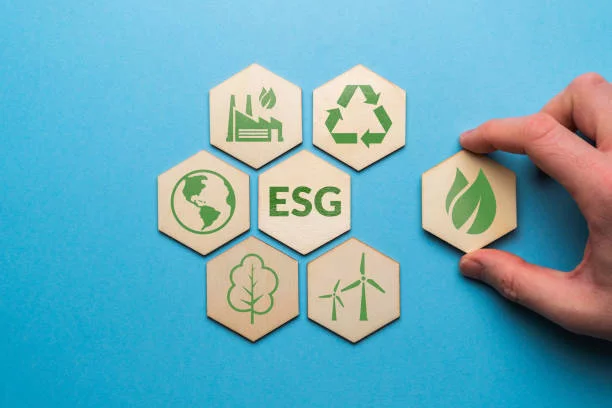
As sustainability becomes a defining feature of economic strategy worldwide, the UAE has emerged as a key player in aligning ESG reporting with net zero targets. With bold ambitions, such as achieving net zero by 2050, there’s growing pressure on businesses to not only declare their environmental intentions but to back them with measurable, transparent action.
In this article, we explore how UAE ESG reporting is playing a critical role in helping companies bridge their operational decisions with national climate goals.
Why ESG Reporting Matters in the UAE
Environmental, Social, and Governance (ESG) reporting provides a structured framework for businesses to disclose their impact on the environment, their workforce, governance structure, and society at large. But in the UAE, this framework is doing more than enhancing transparency; it’s being leveraged as a tool to accelerate sustainability transitions across sectors like energy, construction, logistics, finance, and real estate.
Since the launch of the UAE Net Zero 2050 strategic initiative, ESG disclosures are increasingly seen as compliance tools that tie business operations to carbon targets and wider sustainability benchmarks.
Net Zero Commitments: More Than a Government Pledge
While net zero targets are spearheaded by government policies, they rely heavily on private sector participation. The UAE’s path to carbon neutrality involves aggressive investment in renewable energy, low-carbon infrastructure, and energy efficiency. But none of this can be implemented or tracked at scale without reliable data.
That’s where ESG reporting steps in.
Effective UAE ESG reporting mechanisms ensure that companies are:
Identifying their carbon footprint.
Disclosing emissions data across Scope 1, 2, and, where feasible, Scope 3.
Tracking progress against science-based targets.
Aligning corporate strategies with government-led sustainability initiatives.
This alignment is especially important for companies operating within regulated sectors or seeking to participate in green financing schemes and public-private partnerships.
What ESG Metrics Are Driving the Net Zero Agenda?
UAE-based companies are now expected to move beyond surface-level ESG reporting to more granular, science-driven disclosures. Some of the most critical ESG metrics that directly influence net zero progress include:
Carbon emissions intensity (per revenue or per product).
Energy consumption and efficiency improvements.
Waste and water management practices.
Use of renewable vs non-renewable resources.
Sustainability of supply chains.
Employee training in sustainable operations.
These ESG indicators not only reflect a company’s current sustainability position but also offer insights into future risks and opportunities related to the low-carbon transition.
ESG Reporting as a Risk Mitigation and Investment Tool
Integrating ESG into business reporting is no longer just about reputation. It’s fast becoming essential to risk management and investor appeal. Institutional investors are increasingly favouring companies with robust ESG frameworks, not only for their ethical stance but for long-term value creation and resilience.
In the UAE’s investment landscape, which is seeing a rapid rise in green bonds and ESG-linked loans, companies with credible ESG reporting are better positioned to access capital and navigate market volatility.
Challenges Businesses Face With ESG-Net Zero Integration
Despite the momentum, many businesses still face difficulties integrating ESG reporting with net zero planning. These include:
Lack of internal expertise or data systems.
Difficulty quantifying indirect (Scope 3) emissions.
Misalignment between sustainability goals and business incentives.
Fear of greenwashing accusations due to inconsistent data.
These gaps underscore the need for clearer guidance, standardised frameworks, and technology support, such as ESG management platforms, to enable continuous, auditable improvement.
Looking Ahead: ESG as a Pillar of Corporate Strategy
As climate-related risks begin to affect supply chains, regulatory compliance, and consumer behaviour, ESG reporting will evolve from a compliance task to a competitive necessity in the UAE. Businesses that act early and meaningfully will not only contribute to the nation’s net zero goals but also strengthen their market position and stakeholder trust.
Whether you’re a listed company or an SME, starting or improving your ESG disclosures today can help future-proof your business and ensure alignment with both national and global sustainability objectives.
Conclusion
UAE ESG reporting is no longer just about transparency; it’s a mechanism that links corporate behaviour with national sustainability outcomes. As the UAE moves steadily toward its 2050 net zero ambition, businesses that prioritise ESG reporting will be better equipped to meet evolving expectations, manage risk, and seize new opportunities in the green economy.
Now more than ever, ESG is not just a trend. In the UAE, it’s a business imperative.











Write a comment ...